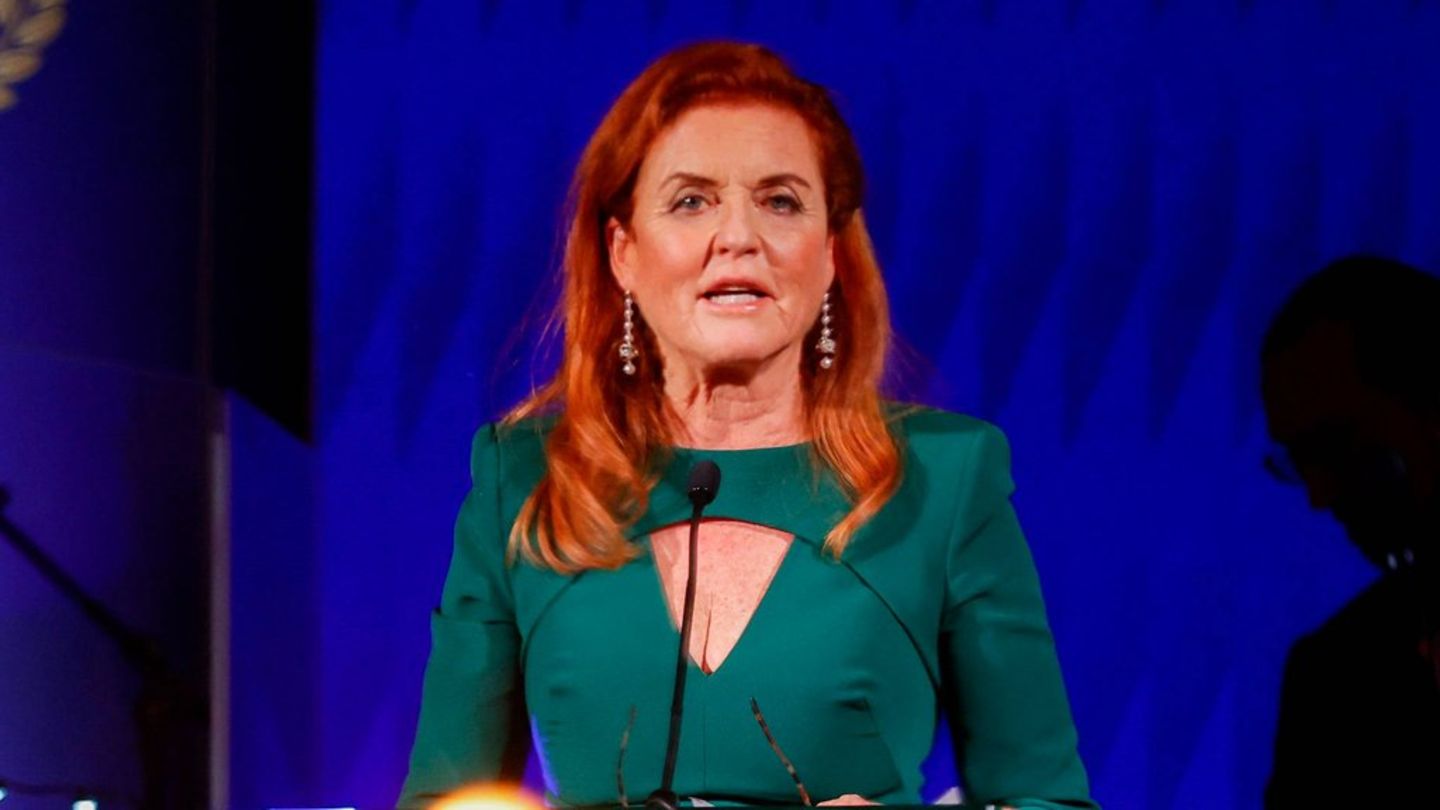I have been working in the news industry for over 6 years, first as a reporter and now as an editor. I have covered politics extensively, and my work has appeared in major newspapers and online news outlets around the world. In addition to my writing, I also contribute regularly to 24 Hours World.
Menu
Formation of government: Austria: Federal President meets FPÖ leader Kickl
Categories
Most Read
Diplomacy: German ambassador temporarily leaves Georgia
October 19, 2025
No Comments
Gaza: Israel’s army accuses Hamas of violating ceasefire
October 19, 2025
No Comments
“No Kings” demos against Donald Trump: The protest was so colorful
October 19, 2025
No Comments
Comprehensive screening deters Russia – says Boris Pistorius
October 19, 2025
No Comments
CDU closed meeting: How stable is the CDU’s firewall against the AfD?
October 19, 2025
No Comments
Latest Posts

Sarah Ferguson: Massive allegations about Epstein connection
October 19, 2025
No Comments
Lisa HarrisI am an author and journalist who has worked in the entertainment industry for over a decade. I currently work as a news editor

Israel bombed southern Gaza after an alleged Hamas attack and puts the Middle East peace agreement in check
October 19, 2025
No Comments
Israel bombing this Sunday the city of Rafah, in the south of the Gaza Stripafter an alleged attack by Hamas militiamen against Israeli troops. The

Patrice Aminati on her cancer treatment: “It cost me almost more strength than I have”
October 19, 2025
No Comments
Lisa HarrisI am an author and journalist who has worked in the entertainment industry for over a decade. I currently work as a news editor
24 Hours Worlds is a comprehensive source of instant world current affairs, offering up-to-the-minute coverage of breaking news and events from around the globe. With a team of experienced journalists and experts on hand 24/7.

